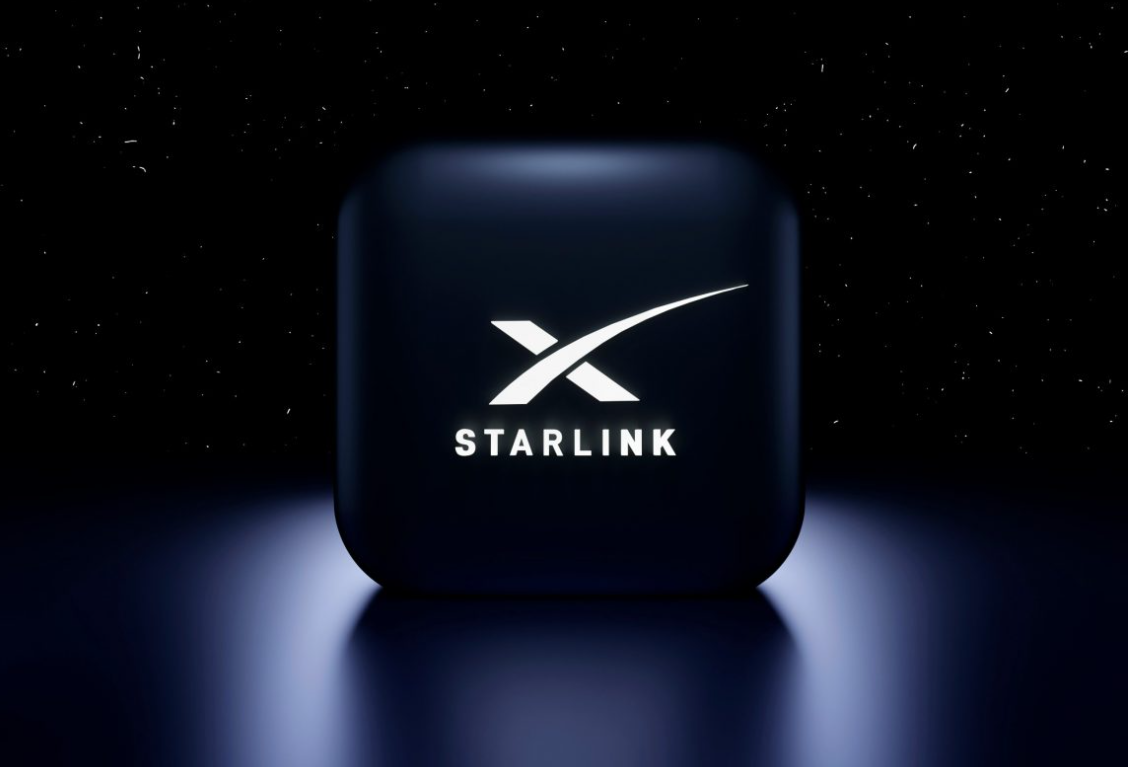Starlink, the satellite internet provider backed by SpaceX, has officially launched its services in both Botswana and Ghana, expanding high-speed, low-latency internet access to remote regions in these African nations.
The company announced this expansion on X, confirming that its services are now fully operational in both countries. In Ghana, this follows the completion of all required administrative and licensing procedures, as announced by the National Communications Authority (NCA). Starlink was granted approval to provide satellite broadband services in April.
For users in Ghana, Starlink’s hardware is priced at 5,390 Ghanaian Cedi (roughly US$344.40), with a monthly subscription fee of GHS770 (US$49.20). The company offers a 30-day trial with no contracts or data caps, and hardware delivery is expected within two weeks.
In Botswana, Starlink’s service launched three months after receiving a license, following an initial rejection by the Botswana Communications Regulatory Authority (BOCRA) in February 2024. However, a meeting between Starlink executives and President Mokgweetsi Masisi in Dallas, Texas, helped fast-track the licensing process.
In Botswana, the hardware costs 4,820 Botswanan Pula (US$363.66), and the monthly subscription fee is BWP688 (US$51.91). Like in Ghana, users receive a 30-day trial and a two-week shipping estimate for hardware delivery.
This expansion adds to Starlink’s growing presence in Africa, where its service is now available in several countries, including Nigeria, Kenya, Malawi, Zambia, and more. Starlink’s entry into these markets is a significant step toward closing the digital divide, especially in underserved and remote areas.
Starlink’s low-Earth orbit satellite network offers an alternative to traditional land-based networks, which often struggle to serve rural or geographically difficult regions. This technology has the potential to transform internet connectivity across Africa, where many areas still lack reliable broadband access.
The broader implications of this expansion are substantial, particularly in sectors such as education, healthcare, and economic development. Access to better internet could enhance remote learning, telemedicine, and e-commerce in previously underserved communities.
However, the cost of Starlink’s hardware and subscription services may pose challenges in some African markets, where affordability is a major concern for internet adoption. While competitive in developed markets, the pricing may limit access for many users across the continent.
As Starlink continues its growth in Africa, it will likely face competition from both other satellite providers and traditional telecommunications companies. This competition could drive innovation and reduce prices, ultimately benefiting consumers.
The launch in Botswana and Ghana marks another milestone in Starlink’s global expansion and underscores the increasing role of satellite technology in addressing the world’s connectivity challenges, particularly in regions where traditional infrastructure is difficult to establish.




